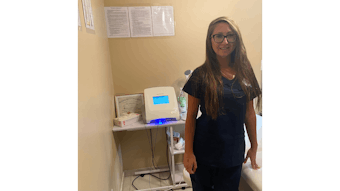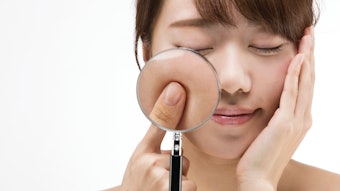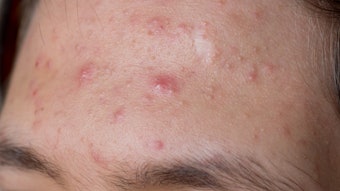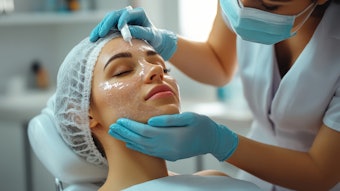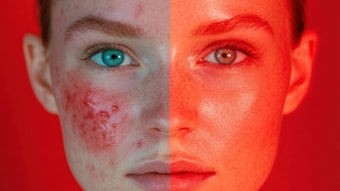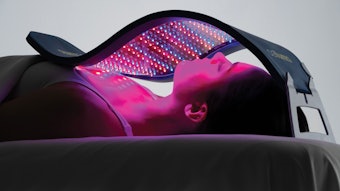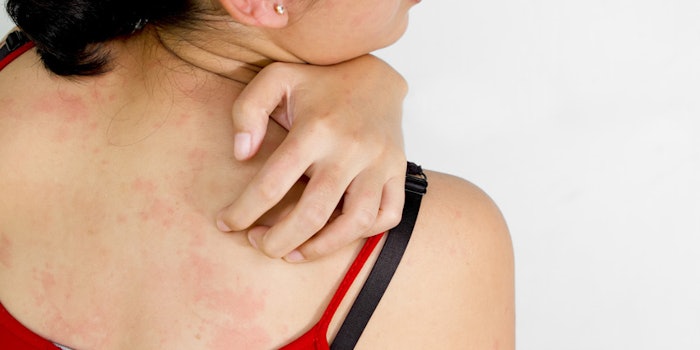
A new study from Lund University in Sweden showed how a skin bacterium can release enzymes with antioxidant properties, which helps protect against damage and disease in addition to helping the microorganism survive.
The study researches a skin bacterium called Propionibacterium acnes (P. acnes), which was also published in the journal, Scientific Reports.
"The name originates from the fact that the bacterium was first discovered on a patient with severe acne,” explained Rolf Lood, Ph.D., from Lund's Department of Clinical Sciences and senior author. “But whether it causes acne is uncertain—it may have been present merely because it is so common."
Pros of the Human Microbiome
P. acnes is one example among the many species of microorganisms or microbiota living in the human body. This is also recognized as the human microbiome and the bacterial cells living here outnumber human cells more than 10 to one.
Significant to the human body’s health, these bacteria:
- Produce vitamins, which humans do not have the genes to make;
- Break down food so people can extract nutrients for survival;
- Teach immune systems to recognize dangerous pathogens and help synthesize anti-inflammatory compounds;
- Are suggested to manipulate the microbiome to treat illness.
Antioxidant Properties Leading to Skin Protection
The researchers discovered in their study, RoxP—an enzyme secreted by P. acnes—is able to not only reduce free radicals, but also protect molecules from oxidation. Oxidative stress is thought to contribute to various skin diseases including psoriasis, atopic dermatitis and skin cancer.
"To the best of our knowledge, this is the first characterized bacterial extracellular enzyme with antioxidant activity," said the researchers.
RoxP holds antioxidant properties as strong as vitamin C and E, but varies in the level of protection for each person, as P. acnes also varies per individual.
Treating Skin Conditions
In addition to protecting the bacterium from oxidative damage, RoxP—the antioxidant enzyme from P. acnes—also helps maintain conditions necessary for healthy skin.
"This protein is important for the bacterium's very survival on our skin,” said Lood. “The bacterium improves its living environment by secreting RoxP, but in doing so it also benefits us."
The team plans to further its research in human patients, examining connections between the amount of RoxP on patients’ skin with the degree of illness in basal cell, carcinoma and a precancerous condition, actinic keratosis.
Additionally, the researchers plan to explore the effect of ultraviolet radiation exposure on laboratory mice, both treated and not treated with RoxP, to inspect the enzyme’s protective properties.
Source: www.medicalnewstoday.com

